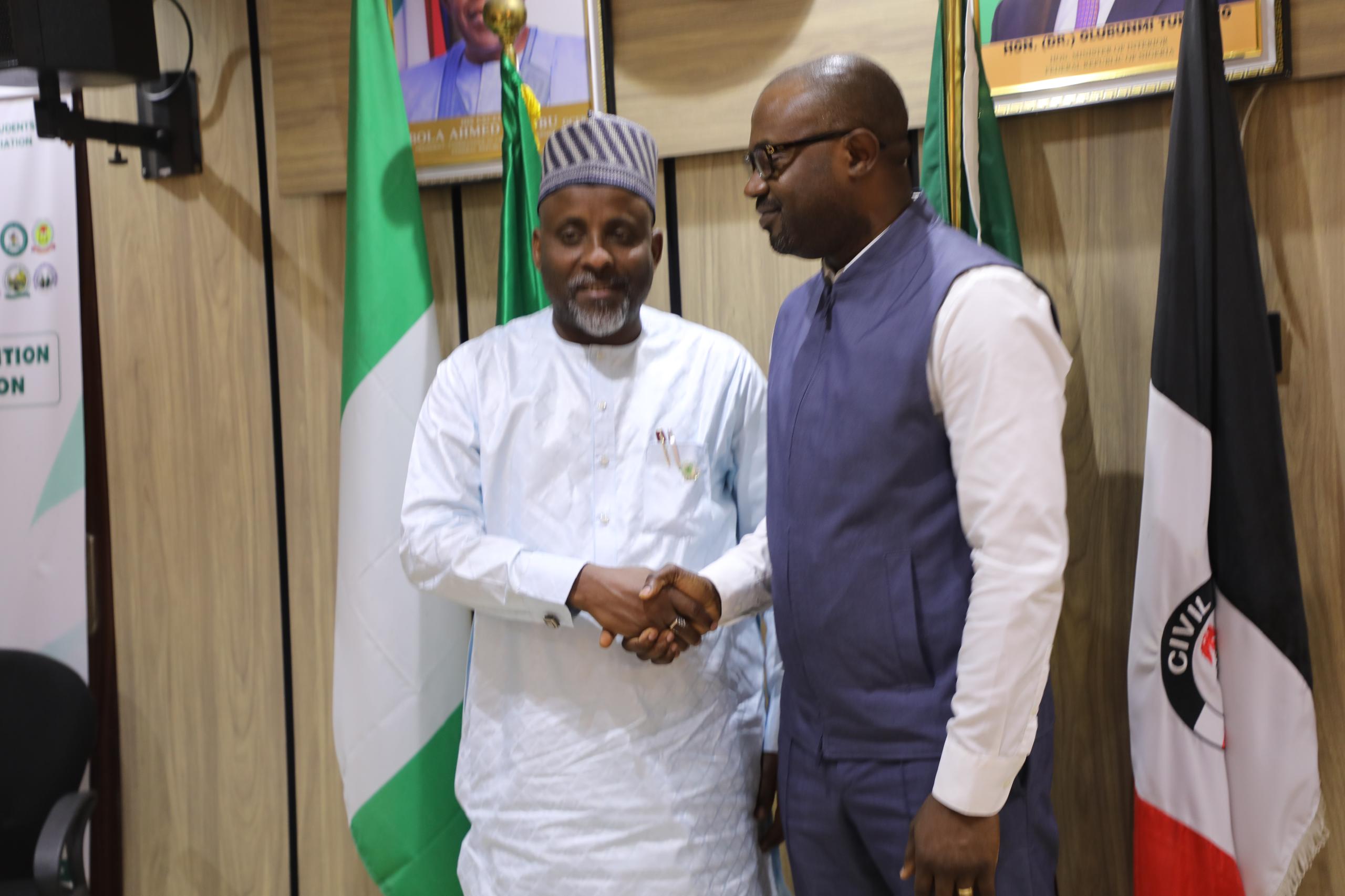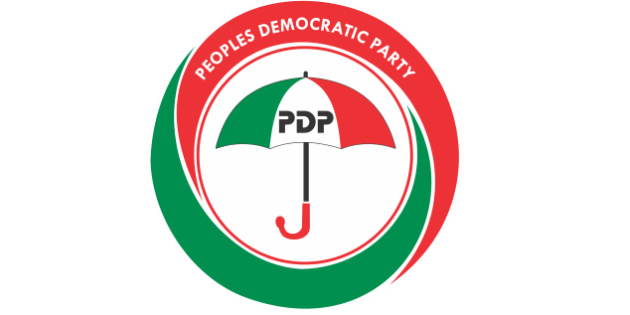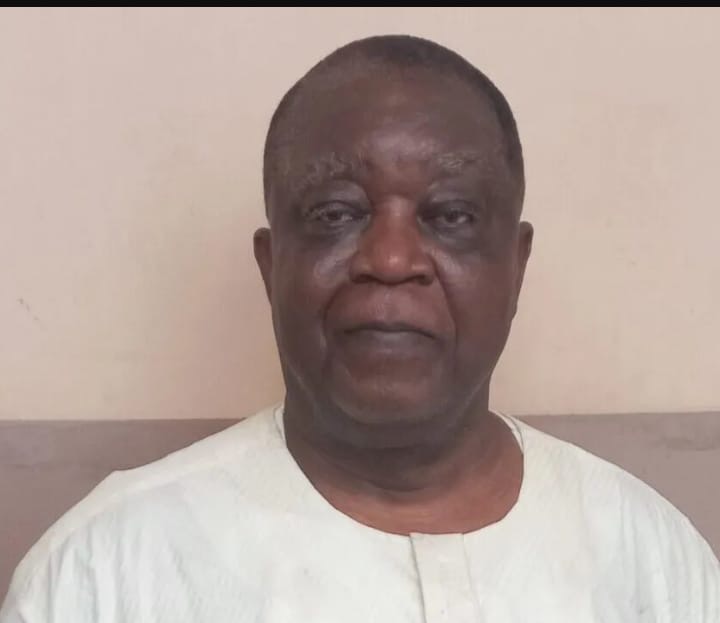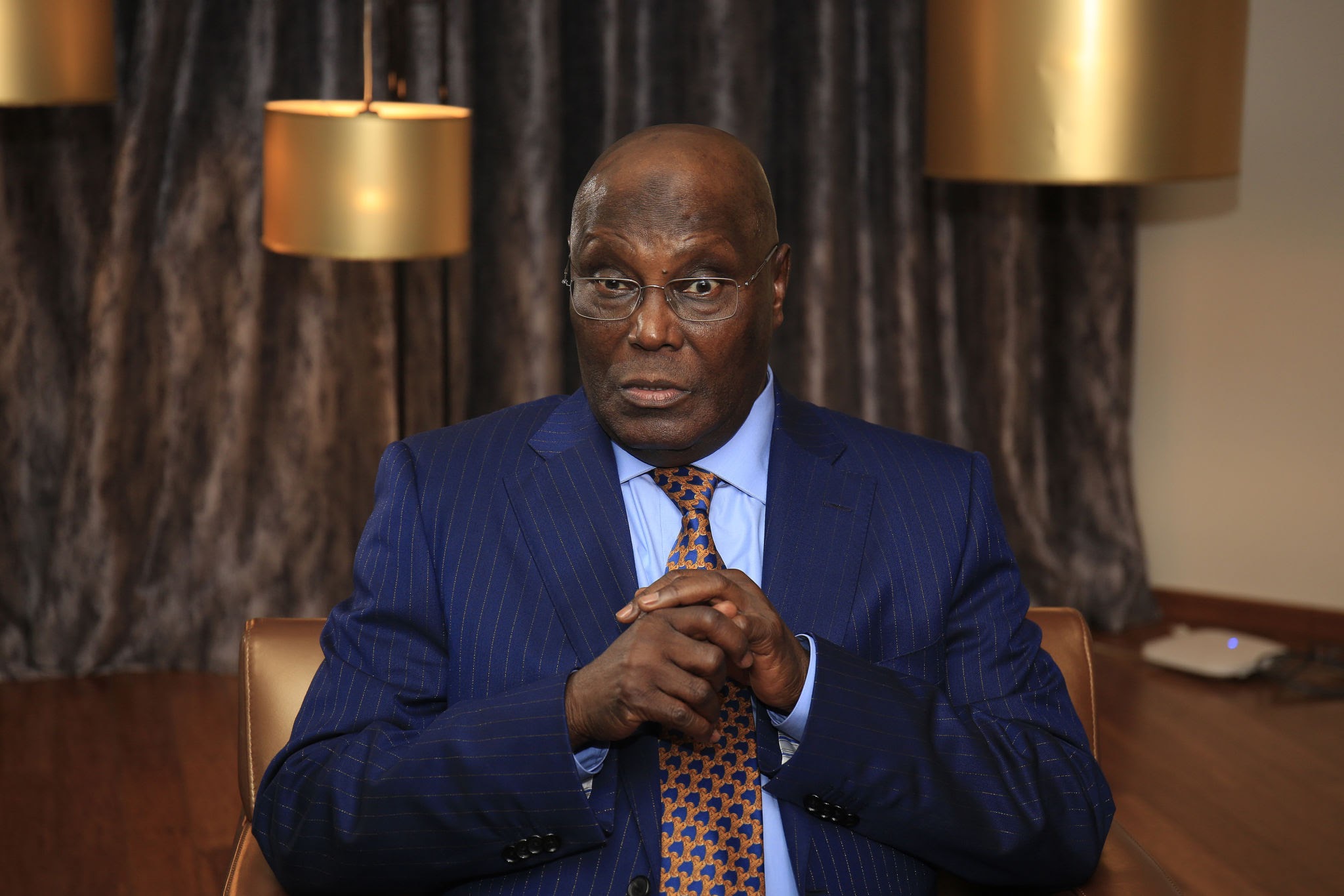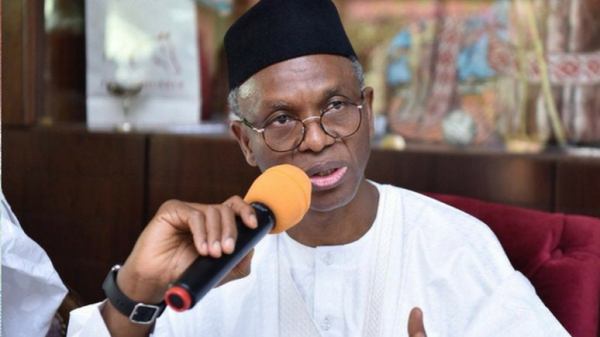Feature
FG, NASS, Stakeholders call for immediate release of vaccine funds to tackle low immunisation rates
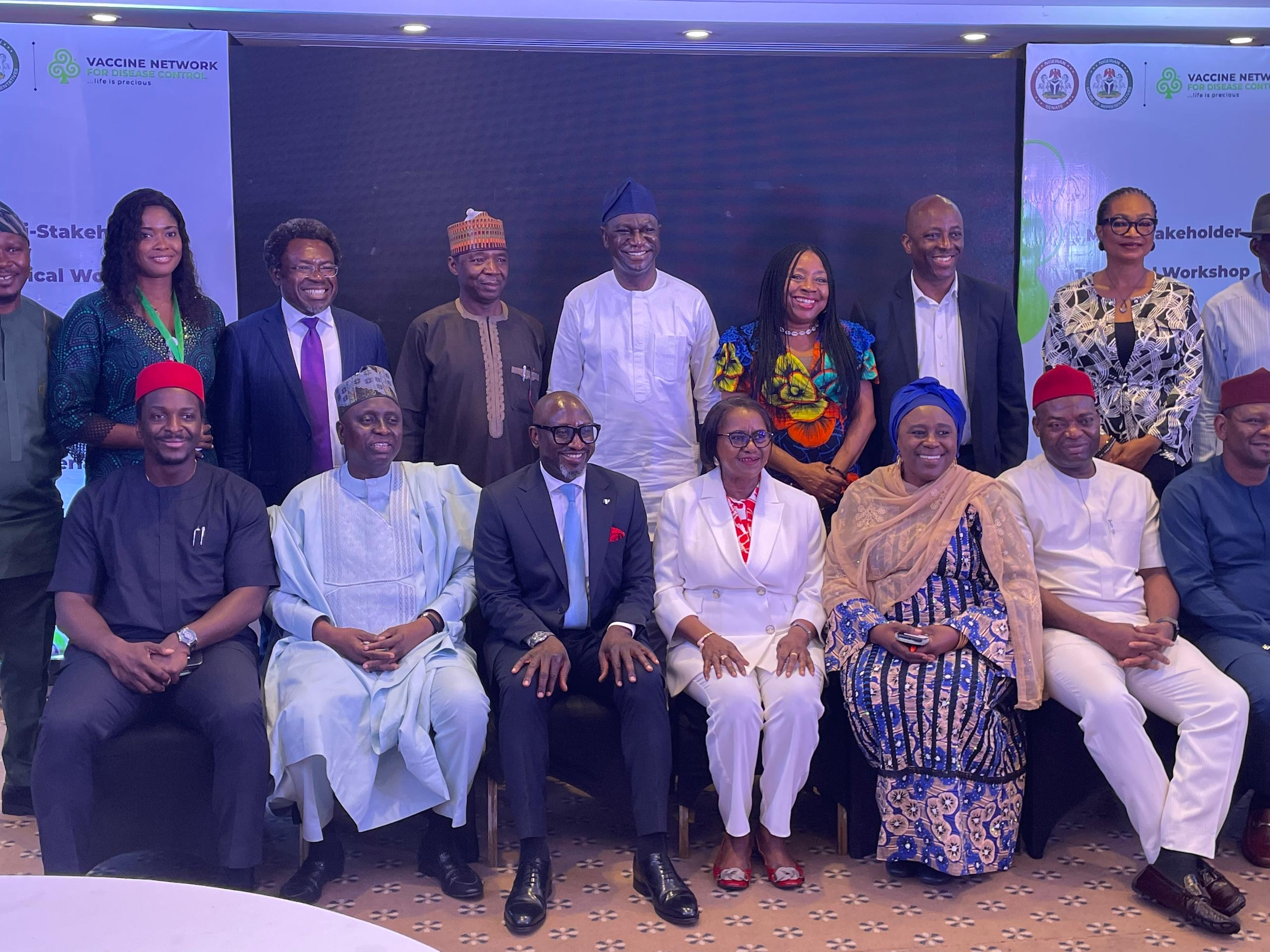
Federal lawmakers have called for urgent legislative measures to guarantee a steady supply of vaccines across the country, stressing the need for transparency and accessibility at all tiers of healthcare—especially for children under five and pregnant women.
The appeal was made during a multi-stakeholder technical workshop on the optimisation of a sustainable immunisation financing model in Nigeria, held in Abuja.
y Chairman of the Senate Committee on Health, Senator Ipalibo Harry, expressed grave concern over the persistent shortage of vaccines nationwide. He urged all stakeholders to work collaboratively to combat the challenges contributing to Nigeria’s low immunisation coverage.
“Can you imagine a scenario where children gather for immunisation, only to be told there are no vaccines and asked to return home? Imagine how devastating that is for any mother. When we observed this disturbing trend, as lawmakers, we asked ourselves—why not introduce a first-line charge specifically for immunisation?” Senator Harry queried.
Similarly, Chairman of the House Committee on Healthcare Services, Honourable Amos Magaji, advocated for an increase in budgetary allocations for immunisation through the Basic Health Care Provision Fund (BHCPF). He also emphasised the need for private sector participation and the adoption of innovative financing mechanisms.
Hon. Magaji noted that the chronic underfunding of immunisation programmes and Nigeria’s overdependence on international donors had led to a diminished sense of responsibility regarding domestic vaccine funding.

The Special Adviser to the President on Health, Dr Salma Ibrahim Anas, underscored the challenges posed by funding gaps. She called for increased contributions from subnational governments and stressed the importance of local vaccine production to reduce costs and enhance sustainability.
“Legislators carry significant responsibility—not just in resource mobilisation, but also in performing effective oversight. The resources we currently have, if used judiciously, can yield tangible results. What we need is more domestic funding and long-term commitment. It is time to reduce our reliance on donor support,” Dr Anas remarked.
Chief Executive Officer of Vaccine Network for Diseases Control (VNDC), Mrs Chika Offor, revealed that only 25% of the 2024 vaccine budget had so far been disbursed. She urged for urgent policy reforms and decentralised procurement at the state level to address the growing number of zero-dose children—those who have never received any vaccine.
“Even if payment is made for vaccines today, it takes about six months before delivery. Nigeria currently has the highest number of zero-dose children globally. We must adopt innovative solutions and ensure proactive financing so vaccines reach every child in need,” she said.
Also speaking at the event, Dr Ado Mohammed, Senior Special Adviser to the Director-General of the Budget Office of Nigeria, called for the creation of a robust vaccine tracking system and greater stakeholder collaboration to ensure equitable vaccine access for all Nigerian children.
-

 Uncategorized2 days ago
Uncategorized2 days agoNUJ partners TETFUND on improved educational development, seek more funding for sector
-

 Feature1 day ago
Feature1 day agoBiography of Tunji Disu, the newly appointed Inspector-General of Police
-

 Uncategorized2 days ago
Uncategorized2 days agoBREAKING :Nass shifts plenary Resumption to March 5
-

 National News1 day ago
National News1 day agoBREAKING: Tinubu removes IGP Egbetokun, names successor
-

 News1 day ago
News1 day agoNigerian Army thwarts ambush, kills five suspected Lakurawa terrorists in Kebbi
-
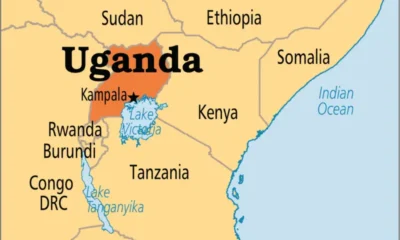
 World News1 day ago
World News1 day agoPolice arrest two women for kissing in public in Uganda
-
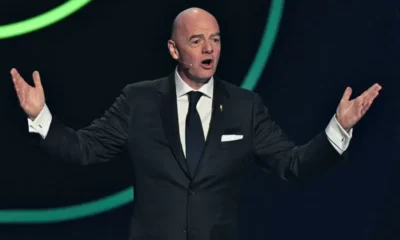
 News1 day ago
News1 day agoFIFA proposes one-minute rule for injured players to curb time-wasting
-

 News1 day ago
News1 day agoNigeria emerging stronger, best yet to come – Tinubu


